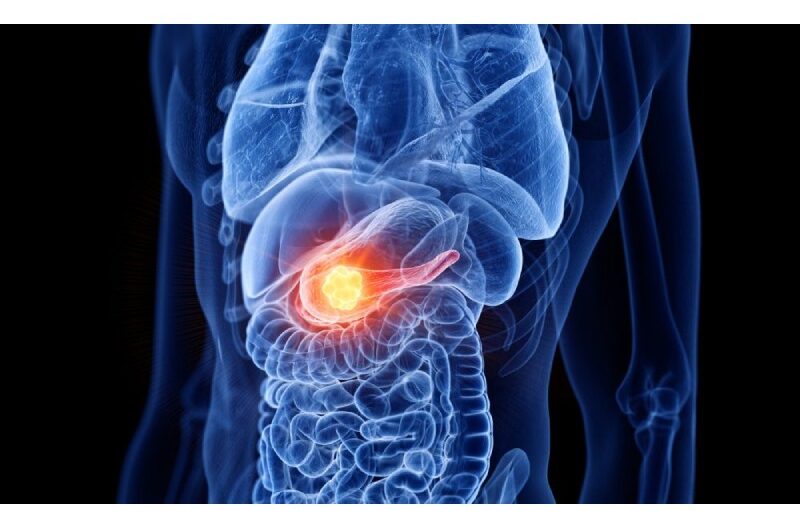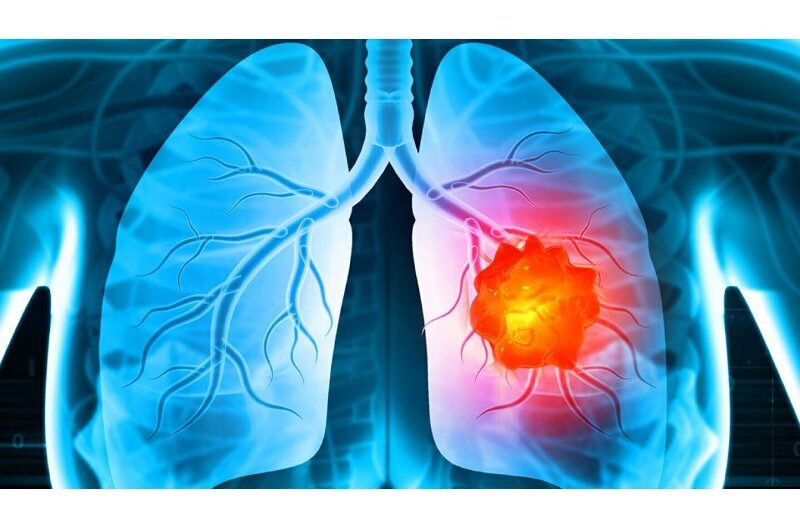
Exercise and Depression Has a Mutual Relationship
According to recent research from the University of Toronto, persons who reported having greater depressive symptoms during the previous week were also less likely to report engaging in physical exercise during that same time frame. Generally speaking, there is a positive correlation between physical activity








